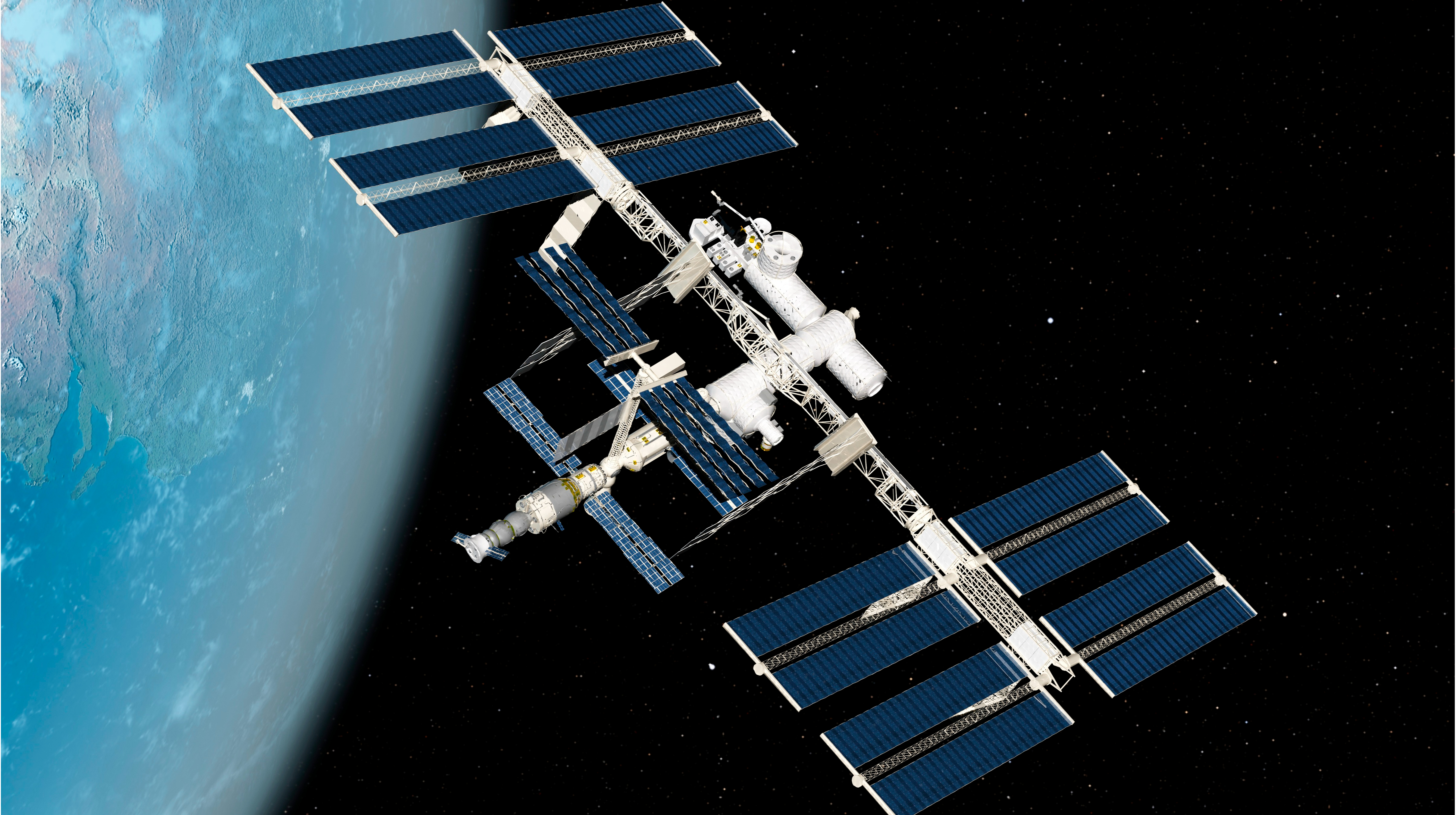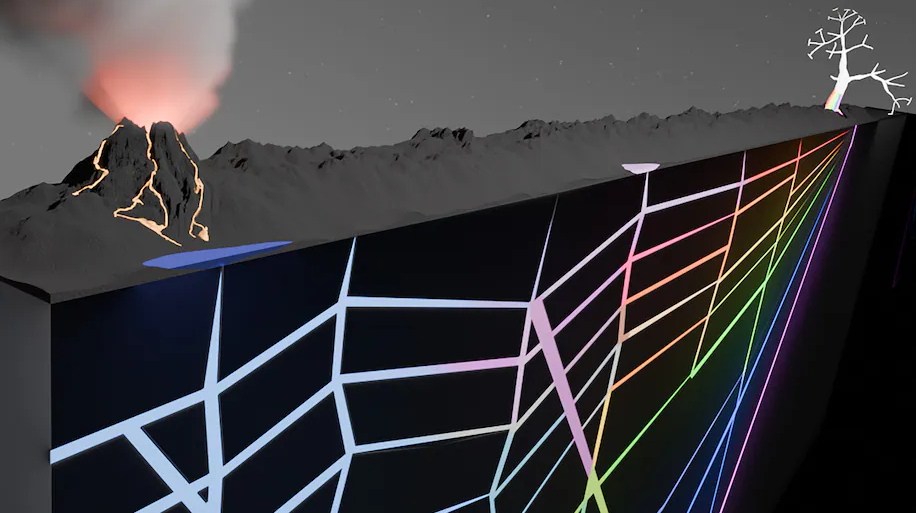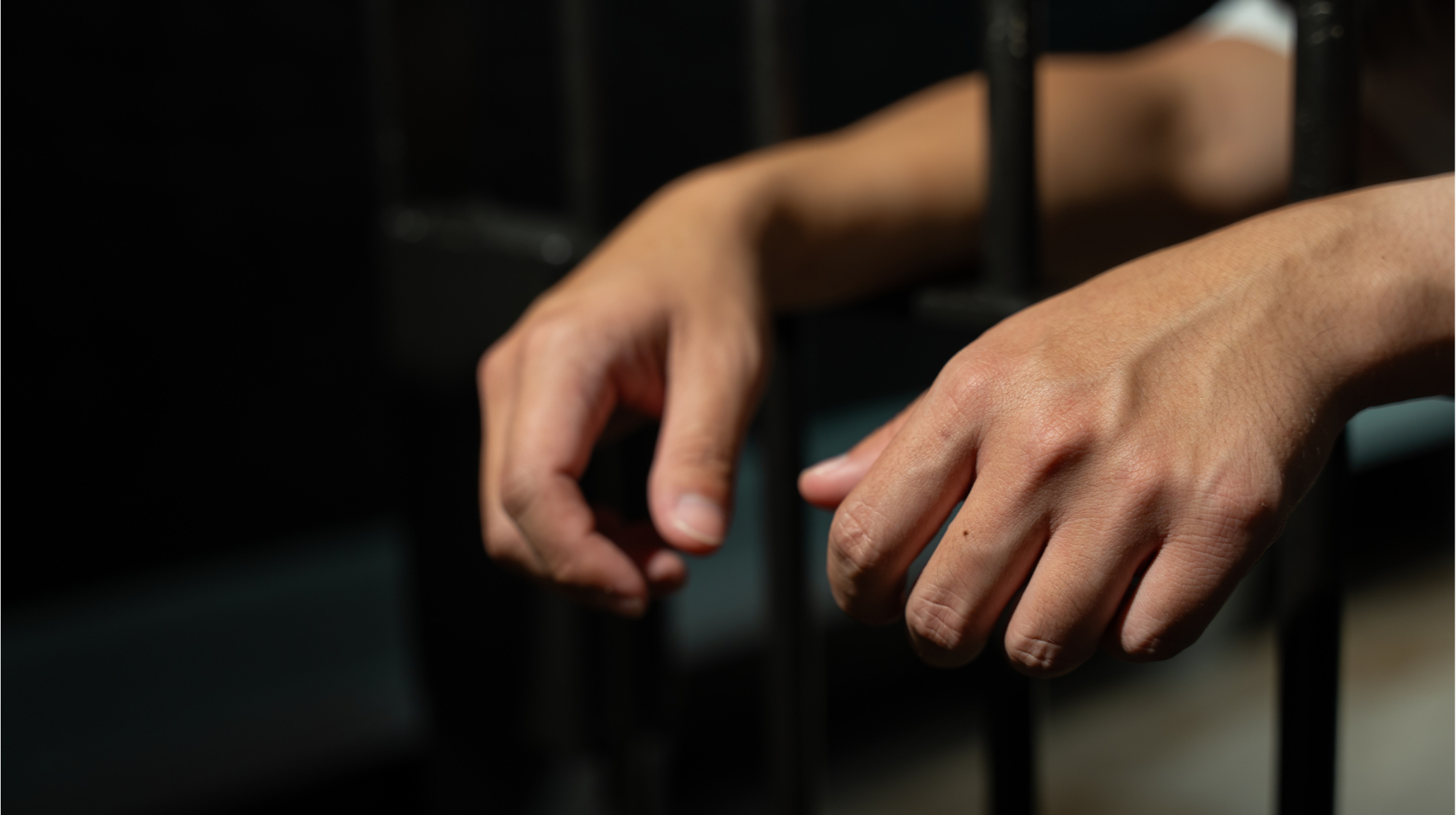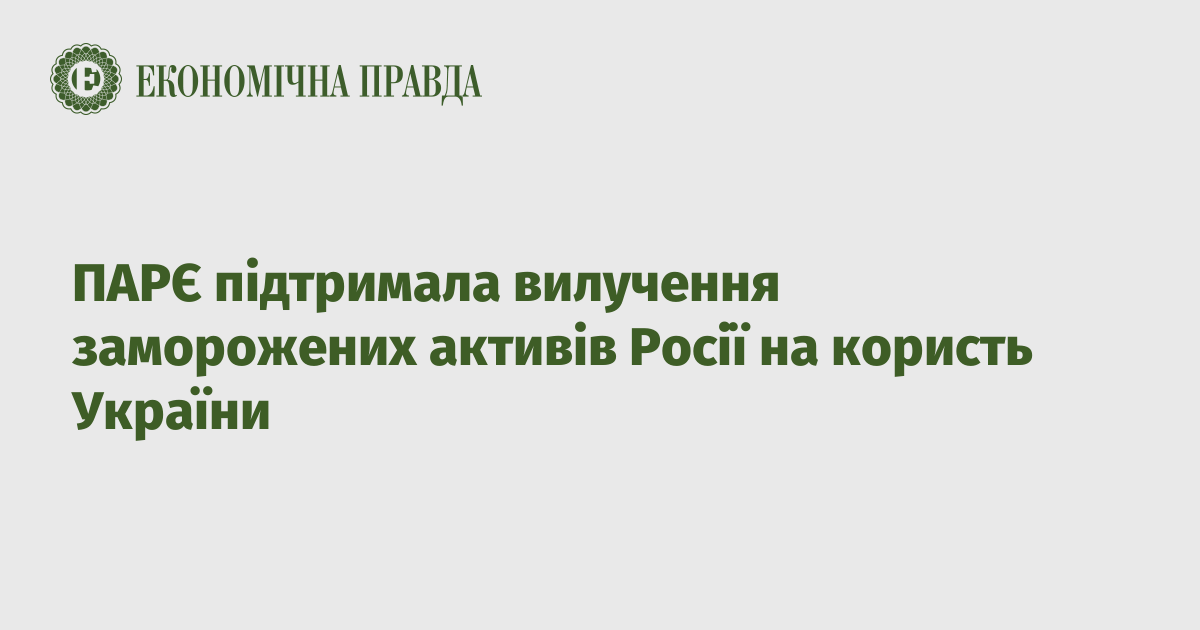“Half of the soldier’s face was cut off, there is no nose, no lips. And he asks if he will kiss.” History of the nurse of the 128th brigade
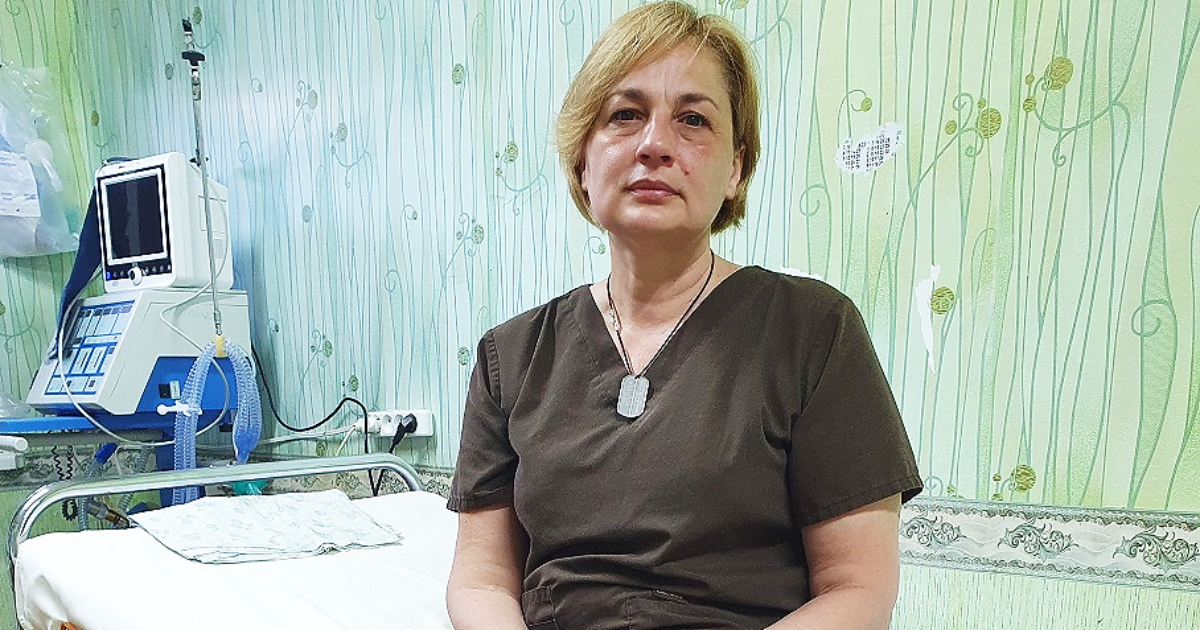
Ms. Oksana has been in the Armed Forces for 9 years, although before the war with Russia she had no idea about army service – she worked as a nurse in Lysychansk, Luhansk Region. In November 2013, she changed the geography of her residence: she moved from the extreme eastern region – Luhansk – to the extreme west – Transcarpathia, after finding a job as a doctor in the high-altitude resort “Dragobrat”. The employment contract was concluded for 8 months, but I had to work only half of it. In February 2014, Russia occupied Crimea, and it hit Ms. Oksana personally. “There were no sedatives in the car, so I soothed the severely concussed soldiers with a lullaby.” My daughter, son-in-law and granddaughter (she was 5 years old at the time) were working in Crimea, says Ms. Oksana. – They dreamed of living near the sea, planned to buy a house there. And so at the end of February, the daughter calls and talks about the occupation of the peninsula with despair in her voice. I am in the mountains (the only medical worker at 63 bases), cut off from the outside world and do not understand anything. What occupation? What are the “green men”? The daughter said that they were offered to stay in Crimea on the condition that they surrender their Ukrainian passports and take Russian ones. “And what have you decided?” – I ask. “We’re going home,” he replies. They returned to Lysychansk, and in May the city was under the occupation of the so-called “LNR”. And again they were forced to flee – they came to me in Rakhiv. I was so affected by the children running away from one place to another that I collected my documents and went to the Military Commissariat. However, Ms. Oksana failed to mobilize the movement. She was removed from military registration (at that time, women were registered up to the age of 40), and the main obstacle was the Lysychansk registration. At that time, there was an attitude not to recruit people from the temporarily occupied territories into the Armed Forces, so the woman began to be kicked out on a regular basis. For several months, she tried to get into the Armed Forces through the military commissariats of Transcarpathia, Lviv Oblast, and Bukovyna, passed a thorough medical examination, and collected all the certificates that were required of her. She experienced humiliation when she was asked: “Are you going to the army to atone for your sins? Is your husband a separatist?”. And only in the summer was she able to get a position as a nurse in the 128th separate mountain-assault Transcarpathian brigade through the military commissariat of the city of Storozhynets, Chernivtsi region. – The brigade was then stationed in Debaltseve, and the medical company was sent there – Ms. Oksana continues. – And I was left in the PPD (point of permanent deployment) in Transcarpathia. When I asked why, the commander frankly said: “You aroused suspicion by your persistent visits to the military offices, that’s why the SBU is checking you.” Only after leaving Debaltseve, I was sent to Kharkiv, where the hospitals were full of our wounded soldiers. There I assisted in the operating rooms, gained very good experience and actually became an operating room nurse. Since then, Ms. Oksana has been constantly in the combat zone with the brigade. She is the only nurse who went through all the rotations together with the combat units. Her comrades in the service gave her colleague the call sign “Ksyuha” – this is the name of a Kalashnikov assault rifle with a folding butt and a shortened barrel (AKSU) in army jargon. From the very first day of the full-scale war, “Ksyukha” has been in the combat zone. – The war caught us in Dnipropetrovsk Oblast, then there was Zaporizhzhia. The enemy had more than a tenfold advantage in manpower and equipment, we suffered losses and retreated. There was no stabilization medical center, so I was thrown into evacuating the wounded. I drove between positions and hospitals. It was necessary to stabilize the wounded on the move. So I managed to get a needle into a vein at a speed of 100 kilometers. I tried not to bring guys with tourniquets, unless an artery was affected, because the evacuation from the position to the hospital sometimes took an hour and a half. Arms and legs are often lost precisely because of an incorrectly applied tourniquet. A wounded man is brought to us, we remove the tourniquet, and there is a scratch. I understand that the fighter is not able to adequately assess the injury and squeezes the limb himself. But the combat medic who takes the wounded to us can figure it out. Therefore, I always advise – if you see that the wound is shallow, gradually loosen the tourniquet and observe. It does not gush – it means venous bleeding, for which a tight bandage is sufficient. At the same time, the tourniquet remains on the leg, and if the bleeding intensifies, it can be clamped. But not everyone does, so guys can lose an arm or a leg. In the first weeks of the war, “Ksyukha” personally transported many wounded. But two boys were especially memorable. – They were badly contused, so much so that they could not orient themselves. These guys had comrades die in front of them, it’s a huge stress, and they developed psychosis against the background of a severe concussion. They threw them in my car, and there is no sedative. And the boys are constantly jumping up, running somewhere, calling someone. And it’s dark and you can’t turn on the light, because we’re driving through an area that’s being shot through. The car is small – a “Toyota” minibus, which has one lying place and two seats. One guy is on the bed, one is lying on the seat, and I am sitting on the floor between them. The boys jump up, I calm them down with words, try to pet them and at some point I start singing a lullaby, as if to babies: “Ahh! Ahh!” And they calm down! And as soon as I shut up, they jump up again and rush to run. And I start humming again. So we are on this “Ah-ah!” and went to the hospital. And when they were taken to the reception department and I went out to smoke, a nurse came out and asked: “Where is the wounded man’s mother?” I didn’t even understand what it was about. And the nurse approaches and says: “Did you bring them? One guy asks to call you, he says – his mother was driving with him in the car.” “During the assaults, even seriously wounded fighters were on the rise – they were liberating their land.” By the movement of the medical unit of the 128th brigade, the hottest points of the full-scale war can be traced – the South-East direction, East, South (Kherson region), South-East again. In some places, medics managed to work for only a few days due to constant intense shelling. Sometimes shells fell a few tens of meters from the operating room, destroying buildings adjacent to the medical center. – Most of the wounded were during the liberation of Kherson Oblast, – says “Ksyukha”. – Cars from the front line, which were coming to our medical center, had to line up. Back then, we received up to three hundred wounded a day! In several operating rooms, six surgeons were working at once, each wounded person was treated with primary surgical treatment, then the wounds were opened, shrapnel or bullets were removed, and tampons were applied. And six surgeons were assisted by one operating room nurse – Oksana. – The surgeon is standing adamantly by the table, he is all “in the wound”, – says the woman. – He should be handed a napkin, a bandage, a tampon, a cotton ball and various tools – all quickly, in a clear order and at a certain moment. Something necessary is on a shelf, something on a table or stand. I give the necessary to one surgeon and while he is working on the wound, I run to another operating room before the next one. She was there like the many-armed Shiva. Our chief surgeon expresses himself specifically: “Give me that bullshit, give me this “perforation” and so on. There was a civilian nurse in the operating room, who looks at all this with big eyes and asks: “Do you have all the instruments called that? And how do you know what he means?” I just know… In the war, an amazing thing became clear – the work of doctors and the recovery of soldiers in conditions of attack and defense are radically different. – In the Kherson region, as a result of assaults, soldiers suffered terrible injuries, – says Oksana . – But even the heaviest guys were on the rise. They were freeing their land, driving out the enemy, and it was felt. The fighter has a leg injury, and he is asking: “Move faster, I need to go back to the guys, they are there without me.” And even hear doesn’t want to go to the hospital. I remember one boy whose face was cut off by a shrapnel. There is no nose, no lips, I make a bandage, and he asks: “Will I kiss you?” “You will, Sonechka, but not today.” When the boys in the mood, we joke with them ourselves. I put a catheter in one of his bladders, he is indignant: “What are you giving me?” says Oksana, boys wounded in the buttocks are brought to them. – During artillery fire in an open area, they fall to the ground face down and with their feet from the explosion, so the shrapnel hits the parts of the body that are most “noticeable” above the ground. They brought one such person, the wound is serious, but the intestine is not affected, only soft tissues. Lying on the table on his stomach, I treat the wound, and here he holds out his phone: “Take a picture!” “What – to take a picture of the butt?” “Yes, take a picture of my ass!” I start taking pictures and at that moment one of the civilian doctors comes in. “Are you okay with medical ethics?” – he asks confused. “But I’m not on my phone, the injured person asked me to,” I apologize. However, the situation is completely different with a deaf defense. Boys came to Bakhmut not only physically wounded, but also psychologically killed. They gritted their teeth: “And how many more are there when they finally run out? They all climb and climb…” Oksana was also the only operating room nurse near Bakhmut. Surgeons changed and alternated to rest, and there was no one to replace her. – During the entire period that we were standing there, I never slept for more than three hours without interruption. You lie down at night for an hour or a half, someone has been brought in – you have to get up. And during the day it is generally non-stop. It was so intense that I couldn’t afford to take a shower. Because it was necessary to undress, take off the military uniform, and this is not a dressing gown – for a long time. It happened that she was left without food. They will bring it in tanks, but by the time I leave, they are already empty. It was the most difficult to work there – both physically and mentally. But we persevered, not a single person died at our table – thu-thu-thu! In war, there are periods of combat lulls, when medics are able to help civilians. Often this is the only opportunity for villagers to receive qualified medical assistance, because “ambulance” almost never comes to villages in the line of fire. – During such periods, I thought a lot about the war and its causes, – says Oksana. – I am from Lysychansk, and in 2014 there were many people there who were waiting for Putin. Who is to blame for this? We ourselves are Ukrainians. Because this division into Western and Eastern Ukraine appeared a long time ago, back in the Soviet period. Easterners were frightened by “Westerners” who would tear out their tongues and hang them on a spruce tree for a Russian word. And Westerners were told that only scumbags, bandits and drunkards live in the East. I have seen from my own experience that this is not true, but a lot of people still believe in these stupid stereotypes. – Even for civilian doctors, work is considered stressful, and for military personnel, the psychological and physical load is many times heavier. How do you relax and relieve stress? – I ask at the end of the conversation. – Knitting, provided there is time. This is my old hobby. I knit everything in a row – a cardigan for my granddaughter, shorts for my daughter, now here is a top. And I disconnect from everything, especially when I crochet. You have to count there – you count, count and all other thoughts fly away. As my son says – who do you want to beat? My mother went to war with knitting needles!.. Yaroslav Galas, officer of the 128th separate mountain-assault brigade of the Transcarpathian region, specially for UP. Life
Original Source Link


